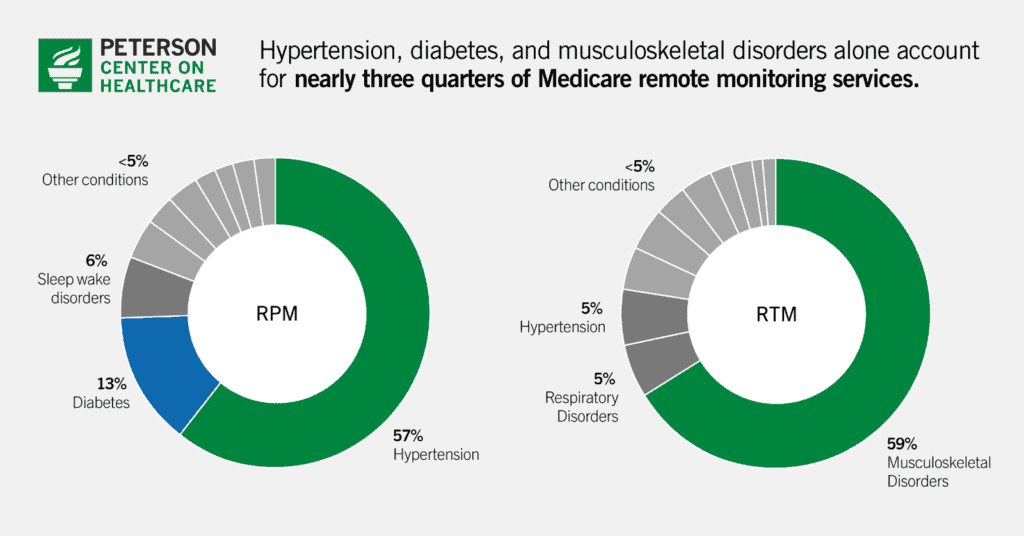AI-Driven Prior Authorization Denials Raise Concerns Among Physicians, AMA Survey Reveals
What You Should Know: – A new survey from the American Medical Association (AMA) reveals growing concern among physicians about the use of artificial intelligence (AI) in prior authorization decisions by health insurers. – The survey found that 61% of physicians are worried that AI-powered tools are leading to an increase in prior authorization denials, ... Read More

What You Should Know:
– A new survey from the American Medical Association (AMA) reveals growing concern among physicians about the use of artificial intelligence (AI) in prior authorization decisions by health insurers.
– The survey found that 61% of physicians are worried that AI-powered tools are leading to an increase in prior authorization denials, potentially harming patients and contributing to unnecessary healthcare costs.
Prior Authorization Concerns
Prior authorization, a process where health insurers require approval before covering certain medications or procedures, has long been a source of frustration for physicians and patients. The AMA survey highlights concerns that the use of AI in this process is exacerbating existing problems including:
- Increased denials: Physicians report that AI-powered tools are leading to higher rates of prior authorization denials, potentially delaying or disrupting necessary care.
- Lack of human oversight: Many AI tools make decisions with little or no human review, raising concerns about accuracy and fairness.
- Patient harm: Delayed or denied care can lead to serious adverse events for patients, including hospitalization, permanent impairment, or even death.
- Increased costs: Prior authorization delays and denials can lead to higher healthcare costs due to the need for additional treatments, office visits, and emergency care.
- Physician burnout: The administrative burden of navigating prior authorization processes contributes to physician burnout.
The AMA’s Stance on AI in Healthcare
The AMA emphasizes that AI should augment, not replace, human decision-making in healthcare. The organization advocates for the term “augmented intelligence” to reflect the importance of human oversight and collaboration with AI systems.
Call for Regulatory Action
The AMA is calling for regulatory action to address the concerns surrounding the use of AI in prior authorization. The organization’s recent policy recommendations highlight the need for greater transparency, accountability, and human oversight in AI-driven healthcare decisions.
A Call for Reform
The AMA is urging the healthcare industry to adopt reforms that address the challenges of prior authorization and ensure that patients have timely access to necessary care. The organization is working to:
- Reduce administrative burden: Streamline prior authorization processes and reduce the paperwork burden on physicians.
- Improve transparency: Increase transparency in health plan decision-making processes.
- Enhance patient protections: Protect patients from harm caused by prior authorization delays and denials.
“Using AI-enabled tools to automatically deny more and more needed care is not the reform of prior authorization physicians and patients are calling for,” said AMA President Bruce A. Scott, M.D. “Emerging evidence shows that insurers use automated decision-making systems to create systematic batch denials with little or no human review, placing barriers between patients and necessary medical care. Medical decisions must be made by physicians and their patients without interference from unregulated and unsupervised AI technology.”






































































.jpg)

















































![The breaking news round-up: Decagear launches today, Pimax announces new headsets, and more! [APRIL FOOL’S]](https://i0.wp.com/skarredghost.com/wp-content/uploads/2025/03/lawk_glasses_handson.jpg?fit=1366%2C1025&ssl=1)
















